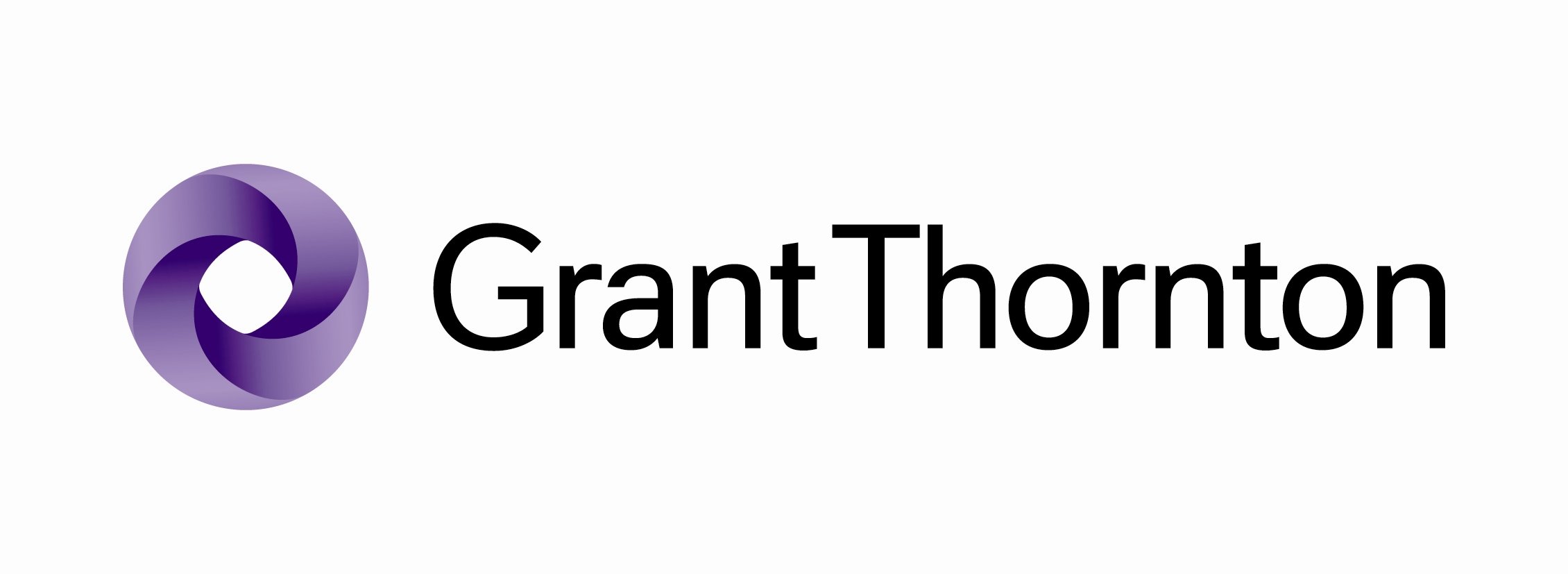Fall Harvest Luncheon
Implications for Boards on Energy Risk and Strategic Resilience
Archive

NACD Northern California
Contact Us
Lisa Spivey,
Executive Director
Kate Azima,
Director of Partnerships & Marketing
programs@northerncalifornia.nacdonline.org
Find a Chapter
About The Event
Directors joined NACD Northern California to commemorate the wine harvest at the beautiful Regale Winery and Vineyard. Over wood-fired pizza and wine, directors networked and enjoyed a panel discussion about the board's role in advancing climate goals and navigating regulatory uncertainty. They also discussed how AI and energy strategies are now deeply intertwined, state and global regulations are setting the pace for climate regulations, and that boards are being challenged to move beyond compliance to ask harder questions.
HIGHLIGHT VIDEO
KEY TAKEAWAYS
Climate and energy resilience have moved up the board agenda. Once viewed as long-term goals, they are now central to strategic planning. Today, energy policy and climate risk directly affect competitiveness, cost, and reputation.
The focus is shifting from Washington to state and global jurisdictions. Federal energy policy remains inconsistent, and most regulatory and innovation leadership comes from states like California and from the European Union. Boards must navigate this patchwork to stay ahead of shifts that impact their business.
Link sustainability to innovation, not politics. Policy debates are distractions. The real opportunities lie in how companies innovate around energy, technology, and efficiency to gain competitive advantage.
Energy risk is now a technology and artificial intelligence (AI) issue. AI, data centers, and other energy-intensive technologies are transforming energy demand faster than policy can respond. The energy sector itself has not seen a shake up for decades, but AI is now forcing a new wave of advancement and efficiency. Companies can no longer pursue an AI strategy without an energy strategy. Boards should ensure these are developed in tandem while understanding the downstream impacts on supply, cost, and capital allocation over the next five years.
Sustainability should not be reduced to purely compliance. Treating environmental, social, and corporate governance (ESG) as a checklist misses the real opportunity—efficiency, supply chain optimization, and capital value. Boards should ensure sustainability is tied to business fundamentals and strategy, not just reporting requirements.
Someone at the board level has to ask the hard questions. Boards should be mindful not to leave complex energy, climate, or technology issues solely to management. Effective oversight requires directors to probe and ask the right questions and ensure conversations happen at the strategic level, not after the fact.
Language signals intent. While the term “ESG” may be less visible, expectations have not changed. Boards should ensure their public disclosures match internal practices. Inconsistent language between reports and actions undermines credibility.
Regulation is shifting. Even as US Securities and Exchange Commission rules are paused, California’s disclosure requirements begin as early as 2026. Boards should confirm the organization has the data, resources, and assurance processes to report confidently.
Proxy scrutiny is rising. Shareholder proposals are expanding, and disclosure liability is real. Boards should ensure sustainability and AI-related statements are accurate to reduce potential risk.
Supply chain data is a source of value. Scope 3 insights reveal opportunities in material efficiency, capital use, and resilience. Boards should view this data as strategic intelligence, not a regulatory burden.
Resilience requires offense, not defense. Boards should resist short-term thinking and encourage bold, forward-looking investment. Companies that reinvest strategically in research and development and in human capital are the ones that stay competitive, attract top talent, and build long-term resilience.
Values remain central. As some organizations scale back ESG reporting, employees and next-generation leaders still expect visible commitments to values and sustainability. Boards should ensure those commitments remain evident in culture and communication to ensure credibility.
Bring emerging technology to the boardroom to shape the company’s energy strategy. Engaging with startups in areas like energy storage, efficiency, and data optimization allows directors to see how management evaluates new solutions, makes trade-offs, and integrates innovation into long-term sustainability and competitiveness.
SPEAKERS
MODERATOR
Thank you to our partners.
 |
 |
NACD Northern California
Contact Us
Lisa Spivey,
Executive Director
Kate Azima,
Director of Partnerships & Marketing
programs@northerncalifornia.nacdonline.org
Find a Chapter
By registering for an NACD or NACD Chapter Network event, you agree to the following Code of Conduct.
| NACD and the NACD Chapter Network organizations (NACD) are non-partisan, nonprofit organizations dedicated to providing directors with the opportunity to discuss timely governance oversight practices. The views of the speakers and audience are their own and do not necessarily reflect the views of NACD. |






